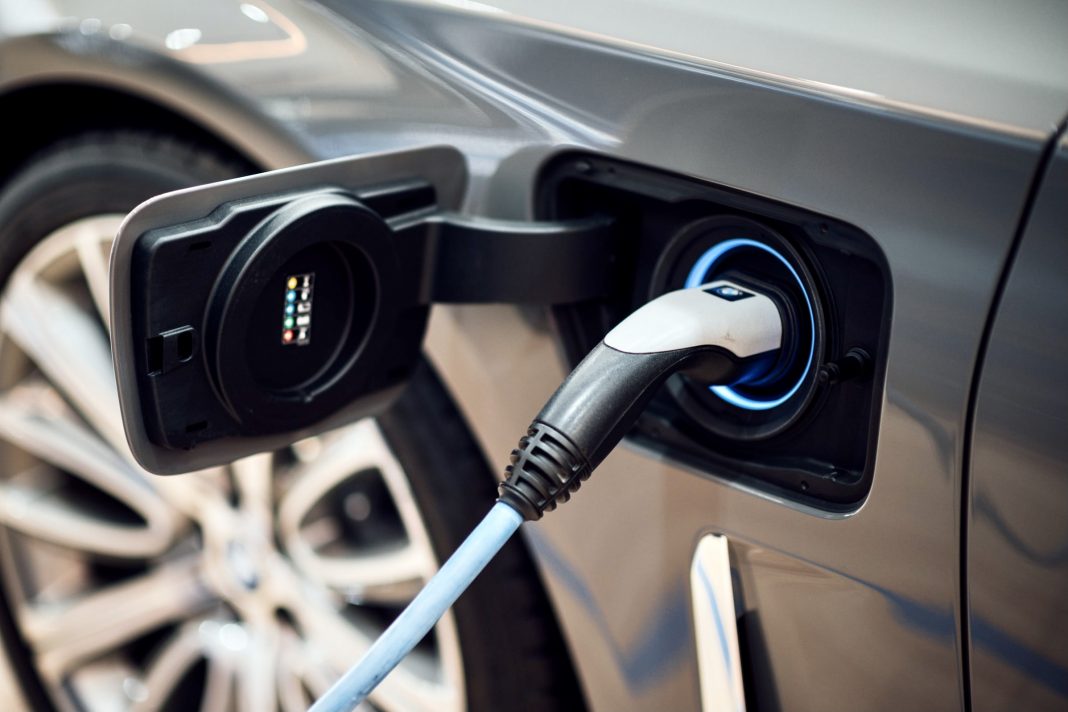The Pennsylvania Department of Environmental Protection has awarded more than $3.4 million in 2020 Alternative Fuel Incentive Grants (AFIGs) to 20 cleaner fuel transportation projects statewide that will help improve air quality and public health and reduce greenhouse gas emissions to address climate change.
Locally, two projects in Berks county will receive funding. Albright College will receive $96,708 to install two solar-powered Level 2 EV chargers and $27,305 to lease five EVs. Wilson School District will receive $197,500 to install a propane fueling station for school buses.
Also read: Wilson School District Transitions Buss Fleet to Propane Power
“These grants help cities, counties, school districts, colleges, as well as delivery, trash hauling, and other companies across Pennsylvania that want to be proactive in reducing air pollution from transportation,” said DEP Secretary Patrick McDonnell.
“Their projects will help Pennsylvanians breathe cleaner air at school, in their communities, and at their workplaces.”
The AFIG Program funds projects that replace older gasoline- or diesel-fueled vehicles with cleaner fuel vehicles to reduce emissions of carbon monoxide, particulate matter, volatile organic compounds, nitrogen oxides, and carbon dioxide, a principal greenhouse gas.
The program supports electric, ethanol, biodiesel, compressed natural gas (CNG), propane gas, and other cleaner fuel vehicles. It also supports installation of fueling stations for these vehicles.
Transportation generates 47 percent of nitrogen oxides emissions in Pennsylvania, contributing to the formation of ground-level ozone. This affects the health of children; older people; people with lung diseases, such as asthma and emphysema; and those who work or are active outdoors.
The state Department of Health has found that asthma-related emergency room visits increase when air quality is very poor.
Vehicles release 21 percent of carbon dioxide emissions in the state, contributing to climate change.
The 2020 AFIG funded projects will put 209 cleaner fuel school buses, garbage trucks, package delivery trucks, and other vehicles in use, including the first electric tractor-trailer to receive AFIG funding. Four projects will install a propane fueling station and 10 electric vehicle (EV) chargers, including two that will be solar powered.
More than half the projects will help improve air quality in Environmental Justice communities, or census tracts where 20 percent or more individuals live at or below the federal poverty line and/or 30 percent or more individuals identify as a non-white minority, according to federal data.
Collectively the projects are anticipated to reduce carbon dioxide emissions by over 900 metric tons per year.


